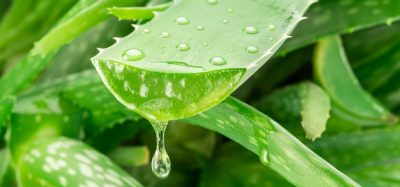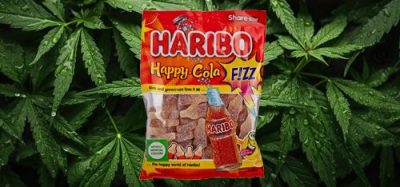Aloe-derived food additive found to damage DNA
- Like
- Digg
- Del
- Tumblr
- VKontakte
- Buffer
- Love This
- Odnoklassniki
- Meneame
- Blogger
- Amazon
- Yahoo Mail
- Gmail
- AOL
- Newsvine
- HackerNews
- Evernote
- MySpace
- Mail.ru
- Viadeo
- Line
- Comments
- Yummly
- SMS
- Viber
- Telegram
- Subscribe
- Skype
- Facebook Messenger
- Kakao
- LiveJournal
- Yammer
- Edgar
- Fintel
- Mix
- Instapaper
- Copy Link
Posted: 23 January 2018 | George Smith (New Food) | No comments yet
The European Food Safety Authority has flagged a group of chemicals often used for their laxative effects as potentially cancer causing.


UNDER SCRUTINY: The safety of hydroxyanthracene derivatives has already been called into question
A group of chemicals found in plants known as hydroxyanthracene derivatives has been labelled as a potential cause of cancer by the European Food Safety Authority (EFSA).
The substances are found in Turkish and Chinese rhubarb in the form of emodin and danthron but are primarily derived from aloe and senna. They occur naturally and extracts are used in food supplements for their laxative effect.
In 2013, EFSA found that hydroxyanthracene derivatives in food can improve bowel function, but advised against long-term use and consumption at high doses due to potential safety concerns. The European Commission subsequently asked EFSA to assess the safety of these plant ingredients when used in foods, and provide advice on a daily intake not associated with adverse health effects.
Based on the available data, EFSA concluded that certain hydroxyanthracene derivatives are genotoxic (they can damage DNA). A spokesman said it was “therefore it was not possible to set a safe daily intake”.
When tested in animal studies, some of these substances have been shown to cause cancer in the intestine.
These conclusions are in line with previous assessments on the botanical sources of these substances by other European and international bodies, including the World Health Organization, the European Medicines Agency and, most recently, Germany’s Federal Institute for Risk Assessment.









